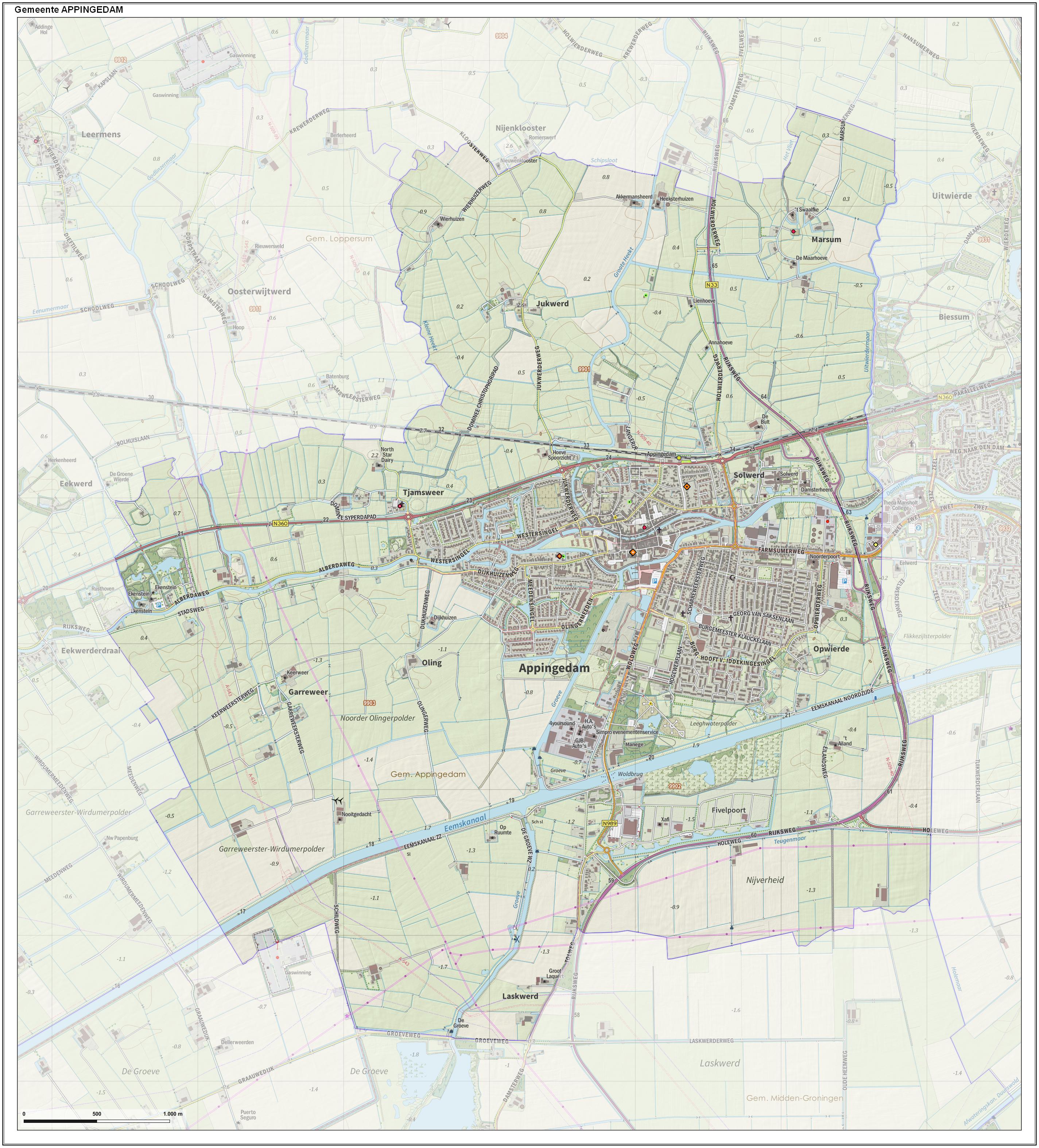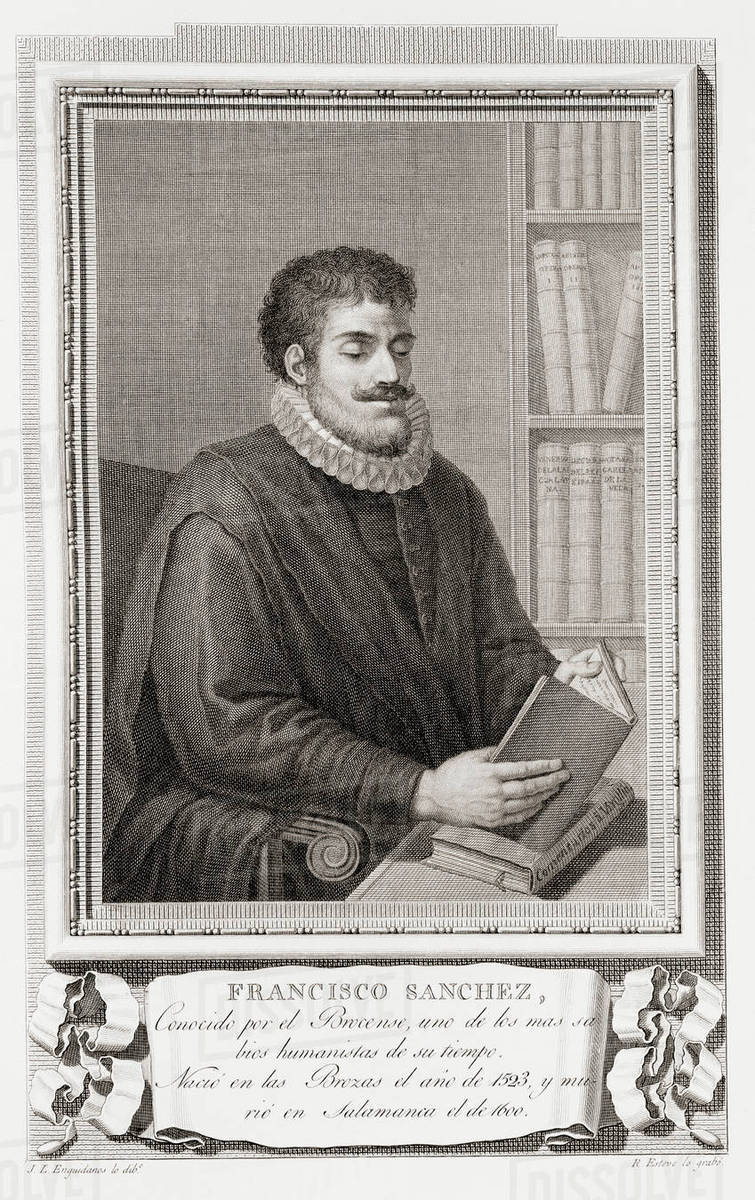|
Perizonius
Perizonius (or Accinctus) was the name of Jakob Voorbroek (26 October 1651 – 6 April 1715), a Dutch classical scholar, who was born at Appingedam in Groningen. He was the son of Anton Perizonius (1626–1672), the author of a once well-known treatise, ''De ratione studii theologici''. Having studied at the University of Utrecht, he was appointed in 1682 to the chair of eloquence and history at Franeker through the influence of J. G. Graevius and Nikolaes Heinsius. In 1693 he was promoted to the corresponding chair at Leiden, where he died on 6 April 1715. The numerous works of Perizonius entitle him to a high place among the scholars of his age. Special interest attaches to his edition of the ''Minerva sive de causis linguae latinae'' (Salamanca: Renaut, 1587) of Francisco Sánchez de las Brozas, ''aka'' El Brocense, (ed. C. L. Bauer, 1793–1801), one of the last developments of the study of Latin grammar in its pre-scientific stage, when the phenomena of language wer ... [...More Info...] [...Related Items...] OR: [Wikipedia] [Google] [Baidu] |
Appingedam
Appingedam (; gos, n Daam) is a city and former municipality in the northeastern Netherlands. Although there is no certainty as to the exact age of Appingedam, historical research demonstrates that the place in which the city would eventually be built had been inhabited for over a millennium. Specifically, the area in which the earliest traces of human settlements have been reported is the Wierde, a quarter located in the northern part of the city centre. Today, a narrow, winding street by the same name runs along the waterfront as a living testimony to the times gone by. The characteristic landmarks of the old Wierde are still recognisable today: the historical East-West Canal, called “Diep,” dug to the south of the Wierde, diked on both sides, still defines the unique layout of the downtown Appingedam. Little is known about the exact age and origin of the name of Appingedam. It came into existence on the banks of the Delf, the present Damsterdiep, around 1200. The name o ... [...More Info...] [...Related Items...] OR: [Wikipedia] [Google] [Baidu] |
1715 Deaths
Events For dates within Great Britain and the British Empire, as well as in the Russian Empire, the "old style" Julian calendar was used in 1715, and can be converted to the "new style" Gregorian calendar (adopted in the British Empire in 1752 and in Russia in 1923) by adding 11 days. January–March * January 13 – A fire in London, described by some as the worst since the Great Fire of London (1666) almost 50 years earlier, starts on Thames Street when fireworks prematurely explode "in the house of Mr. Walker, an oil man"; more than 100 houses are consumed in the blaze, which continues over to Tower Street before it is controlled. * January 22 – Voting begins for the British House of Commons and continues for the next 46 days in different constituencies on different days. * February 11 – Tuscarora War: The Tuscarora and their allies sign a peace treaty with the Province of North Carolina, and agree to move to a reservation near Lake Mattamus ... [...More Info...] [...Related Items...] OR: [Wikipedia] [Google] [Baidu] |
1651 Births
Events January–March * January 1 – Charles II is crowned King of Scots at Scone ( his first crowning). * January 24 – Parliament of Boroa in Chile: Spanish and Mapuche authorities meet at Boroa, renewing the fragile peace established at the parliaments of Quillín, in 1641 and 1647. * February 22 – St. Peter's Flood: A first storm tide in the North Sea strikes the coast of Germany, drowning thousands. The island of Juist is split in half, and the western half of Buise is probably washed away. * March 4 – St. Peter's Flood: Another storm tide in the North Sea strikes the Netherlands, flooding Amsterdam. * March 6 – The town of Kajaani was founded by Count Per Brahe the Younger. * March 15 – Prince Aisin Gioro Fulin attains the age of 13 and becomes the Shunzhi Emperor of China, which had been governed by a regency since the death of his father Hong Taiji in 1643. * March 26 – The Spanish ship ''San José'', loaded ... [...More Info...] [...Related Items...] OR: [Wikipedia] [Google] [Baidu] |
Francisco Sánchez De Las Brozas
Francisco Sánchez de las Brozas (1523–1600), also known as El Brocense, and in Latin as Franciscus Sanctius Brocensis, was a Spanish philologist and humanist. Biography Sanctius was born in Brozas, province of Cáceres. His parents, Francisco Núñez and Leonor Díez, were of noble birth but had little money. Sancius was able to study thanks to the support of relatives, starting in Évora, where he learnt Latin and humanities, and then in Lisbon. There he served Queen Catherine I and King John III of Portugal and remained in the court of the Portuguese kingdom until the death of the princess in 1545. In accordance with the desires of his supporting relatives, he went to the University of Salamanca, where he studied Arts and Theology, which he did not complete. There he met, among his fellow students, Juan de Mal Lara. While still a student he married his first wife, Ana Ruiz del Peso, who gave him six children. In 1554, as widower at the age of 32, he married a relati ... [...More Info...] [...Related Items...] OR: [Wikipedia] [Google] [Baidu] |
Jakob Perizonius - Imagines Philologorum
Jakob may refer to: People * Jakob (given name), including a list of people with the name * Jakob (surname), including a list of people with the name Other * Jakob (band), a New Zealand band, and the title of their 1999 EP * Max Jakob Memorial Award, annual award to scholars in the field of heat transfer * Ohel Jakob synagogue (Munich) See also * Jacob (other) Jacob is an important figure in Abrahamic religions. Jacob may also refer to: People * Jacob (name), a male given name and surname, including a list of variants of the name ** Jacob (surname), including a list of people with the surname ** Jacob ... * St. Jacob (other) {{disambiguation ... [...More Info...] [...Related Items...] OR: [Wikipedia] [Google] [Baidu] |
Abbey Of Saint Gall
The Abbey of Saint Gall (german: Abtei St. Gallen) is a dissolved abbey (747–1805) in a Catholic religious complex in the city of St. Gallen in Switzerland. The Carolingian-era monastery existed from 719, founded by Saint Othmar on the spot where Gallus had erected his hermitage. It became an independent principality between 9th and 13th centuries, and was for many centuries one of the chief Benedictine abbeys in Europe. The library of the Abbey is one of the oldest monastic libraries in the world. The city of St. Gallen originated as an adjoining settlement of the abbey. The abbey was secularized around 1800, and in 1848 its former church became a Cathedral. Since 1983 the abbey precinct has been a UNESCO World Heritage Site. History Foundation Around 612 Gallus, according to tradition an Irish monk and disciple and companion of Saint Columbanus, established a hermitage on the site that would become the monastery. He lived in his cell until his death in 646, and ... [...More Info...] [...Related Items...] OR: [Wikipedia] [Google] [Baidu] |
People From Appingedam
A person ( : people) is a being that has certain capacities or attributes such as reason, morality, consciousness or self-consciousness, and being a part of a culturally established form of social relations such as kinship, ownership of property, or legal responsibility. The defining features of personhood and, consequently, what makes a person count as a person, differ widely among cultures and contexts. In addition to the question of personhood, of what makes a being count as a person to begin with, there are further questions about personal identity and self: both about what makes any particular person that particular person instead of another, and about what makes a person at one time the same person as they were or will be at another time despite any intervening changes. The plural form "people" is often used to refer to an entire nation or ethnic group (as in "a people"), and this was the original meaning of the word; it subsequently acquired its use as a plural form of ... [...More Info...] [...Related Items...] OR: [Wikipedia] [Google] [Baidu] |
Utrecht University Alumni
Utrecht ( , , ) is the fourth-largest city and a municipality of the Netherlands, capital and most populous city of the province of Utrecht. It is located in the eastern corner of the Randstad conurbation, in the very centre of mainland Netherlands, about 35 km south east of the capital Amsterdam and 45 km north east of Rotterdam. It has a population of 361,966 as of 1 December 2021. Utrecht's ancient city centre features many buildings and structures, several dating as far back as the High Middle Ages. It has been the religious centre of the Netherlands since the 8th century. It was the most important city in the Netherlands until the Dutch Golden Age, when it was surpassed by Amsterdam as the country's cultural centre and most populous city. Utrecht is home to Utrecht University, the largest university in the Netherlands, as well as several other institutions of higher education. Due to its central position within the country, it is an important hub for both rail and roa ... [...More Info...] [...Related Items...] OR: [Wikipedia] [Google] [Baidu] |
Dutch Classical Scholars
Dutch commonly refers to: * Something of, from, or related to the Netherlands * Dutch people () * Dutch language () Dutch may also refer to: Places * Dutch, West Virginia, a community in the United States * Pennsylvania Dutch Country People Ethnic groups * Germanic peoples, the original meaning of the term ''Dutch'' in English ** Pennsylvania Dutch, a group of early Germanic immigrants to Pennsylvania *Dutch people, the Germanic group native to the Netherlands Specific people * Dutch (nickname), a list of people * Johnny Dutch (born 1989), American hurdler * Dutch Schultz (1902–1935), American mobster born Arthur Simon Flegenheimer * Dutch Mantel, ring name of American retired professional wrestler Wayne Maurice Keown (born 1949) * Dutch Savage, ring name of professional wrestler and promoter Frank Stewart (1935–2013) Arts, entertainment, and media Fictional characters * Dutch (''Black Lagoon''), an African-American character from the Japanese manga and anime ''Blac ... [...More Info...] [...Related Items...] OR: [Wikipedia] [Google] [Baidu] |
Linguists From The Netherlands
Linguistics is the scientific study of human language. It is called a scientific study because it entails a comprehensive, systematic, objective, and precise analysis of all aspects of language, particularly its nature and structure. Linguistics is concerned with both the cognitive and social aspects of language. It is considered a scientific field as well as an academic discipline; it has been classified as a social science, natural science, cognitive science,Thagard, PaulCognitive Science, The Stanford Encyclopedia of Philosophy (Fall 2008 Edition), Edward N. Zalta (ed.). or part of the humanities. Traditional areas of linguistic analysis correspond to phenomena found in human linguistic systems, such as syntax (rules governing the structure of sentences); semantics (meaning); morphology (structure of words); phonetics (speech sounds and equivalent gestures in sign languages); phonology (the abstract sound system of a particular language); and pragmatics (how social cont ... [...More Info...] [...Related Items...] OR: [Wikipedia] [Google] [Baidu] |
Johann Gottfried Gruber
Johann Gottfried Gruber (29 November 1774 – 7 August 1851) was a German critic and literary historian. Biography Gruber was born at Naumburg on the Saale, in the Electorate of Saxony. He received his education at the town school of Naumburg and the University of Leipzig, after which he resided successively at Göttingen, Leipzig, Jena and Weimar, occupying himself partly in teaching and partly in various literary enterprises, and enjoying in Weimar the friendship of Herder, Wieland and Goethe. In 1811 he was appointed professor at the University of Wittenberg, and after the division of Saxony he was sent by the senate to Berlin to negotiate the union of the University of Wittenberg with that of Halle. After the union was effected he became in 1815 professor of philosophy at Halle. He was associated with Johann Samuel Ersch in the editorship of the great work '' Allgemeine Encyclopädie der Wissenschaften und Künste''; and after the death of Ersch he continued the first sect ... [...More Info...] [...Related Items...] OR: [Wikipedia] [Google] [Baidu] |
Ersch
Johann Samuel Ersch (23 June 1766 – 16 January 1828) was a German bibliographer, generally regarded as the founder of German bibliography. Biography He was born in Großglogau (now Głogów), in Silesia. In 1785 he entered the University of Halle with the view of studying theology; but soon became more interested in history, bibliography and geography. At Halle he made the acquaintance of Johann Ernst Fabri, professor of geography; and when Fabri was made professor of history and statistics at the University of Jena The University of Jena, officially the Friedrich Schiller University Jena (german: Friedrich-Schiller-Universität Jena, abbreviated FSU, shortened form ''Uni Jena''), is a public research university located in Jena, Thuringia, Germany. The un ..., Ersch accompanied him there, and helped him in the preparation of several works. [...More Info...] [...Related Items...] OR: [Wikipedia] [Google] [Baidu] |






_1938.jpg)
.jpg)
